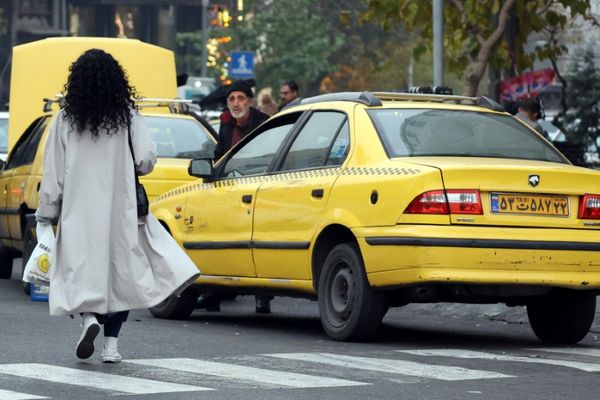
A severely disabled child missed out on vital NHS surgery and was left in chronic pain for more than three years because a council failed to move them out of unsuitable housing despite repeated pleas from health professionals, a watchdog has ruled.
Lambeth council in London was fined £20,000 by the local government and social care ombudsman for a catalogue of service failures and administrative errors that left the child unsafe and in “significant and avoidable distress” and her mother at risk of serious injury.
The ombudsman ordered Lambeth to carry out an independent review of its homelessness services, saying the case highlighted a continuing lack of oversight by the council that had resulted in vulnerable people “falling off the radar”.
The watchdog’s investigation involved a single parent, referred to as Ms X, and her two children, one of whom – known as Child Y – uses a specialist wheelchair and needs help with daily living activities such as washing, dressing and eating.
The family was placed in a private rented property in another borough after being accepted as homeless by Lambeth in 2018. In April 2019, an assessment revealed that the home was not accessible to wheelchairs and not big enough to hold equipment needed by Child Y, such as hoists and a specialist bed.
Over the next three years, Child Y’s occupational therapist, social worker and school repeatedly asked Lambeth to urgently rehouse the family, to no avail. Lambeth either ignored their requests or delayed acting on them.
This was despite a series of emails and memos from professionals helping the family informing Lambeth that:
Child Y’s constant pain, requiring injections and medication, could be relieved only through surgery, yet this was being delayed because the unsuitability of the family’s home meant Child Y could not safely return after an operation.
Sitting in the wheelchair for long periods caused so much pain that Child Y’s school had bought a specialist bed in which they would be wheeled around the school to ensure they could access lessons.
At home, Child Y and her mother were at risk of injury from manual handling because they were unable to use proper equipment. Because of the lack of space, Child Y could not be positioned properly for eating and was at risk of choking.
The ombudsman ruled that the council should have provided suitable alternative housing for the family in July 2019. “It failed to do this, leaving Ms X and her children in unsuitable accommodation for 42 months.” The family eventually found a suitable property in October 2022.
According to the occupational therapist, the failure to find suitable accommodation meant Child Y was unable to undergo the original surgical operation. “This will make it more difficult to support [Y] with manual handling and positioning. [Y] will also never be able to be supported in standing,” the therapist wrote.
The council told the ombudsman that finding a suitable property for Child Y had been an “impossible task” given the lack of available housing. The ombudsman said it had found no evidence that the council had made any serious effort to find such a property, but instead “allowed the matter to drift for over three years”.
As a result, the ombudsman concluded, Child Y was denied the special bed and seating needed to relieve pain, maintain their dignity, and keep them safe while eating, drinking and sleeping. They and their mother lived with “significant and avoidable distress” for the entire period.
“We appreciate the council’s challenges with meeting the demand for its services with limited resources. Nevertheless, the law says councils must meet their homelessness duties,” the watchdog concluded.
A spokesperson for Lambeth council said it accepted the ombudsman’s findings and apologised to the family, who it had “badly let down”. It said it would commission an independent review of the homelessness service, “including how the council can best meet its statutory duties to homeless applicants.”







